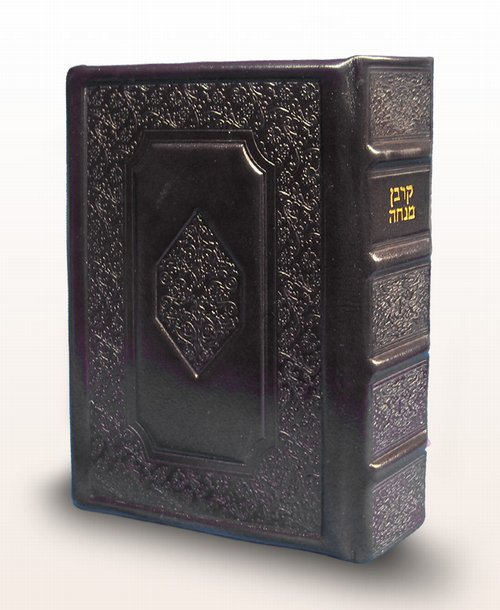 |
| Put your best foot forward |
What type of day do you think this describes? Perhaps you picture a bright sun shining through the trees. Perhaps a sweet breeze on a warm afternoon.
Well, how about a rainstorm or muggy hot day?
Why not?
As human beings, we are, well, human. We tend to appreciate all of the good that comes our way, yet frown (or worse) when we experience otherwise unwanted events.
Or do we appreciate even the good?
Imagine someone you know walking down the street. You approach the person and ask, "Did you thank Hashem for being able to walk today?"
The person will probably think that you lost your mind!
The following day, you find out that the friend you saw the day before broke his foot and cannot walk for the next few weeks. You call him up and ask, "Now are you thankful that you were able to walk yesterday?"
Although he may be upset at you, he'll know that you're right!
We are often not thankful enough for all of the precious gifts Hashem gives us each and every day. That is until we lose an ability. If only we would remember to thank Hashem each day for these abilities, He would not have to send us reminders to be thankful!
Perhaps, we can have more appreciation each day, and remember to recite the Birchos ha'Shachar with more meaning and concentration!
And maybe when we get hurt and cannot walk, chas v'sholom, we'll remind ourselves about how much appreciation we should have when we can walk!
And perhaps even say, "Thank you, Hashem for the broken foot - I really appreciate the reminder!"
(On a personal note, "Thank you, Hashem for the broken foot - I'm so grateful that You have given me the opportunity to remember Your precious gifts ... and thank you for still letting me use my left foot!")
Say to yourself ten times today:
"Thank you, Hashem for all the abilities You give me each day - I will try to use them well!"
















